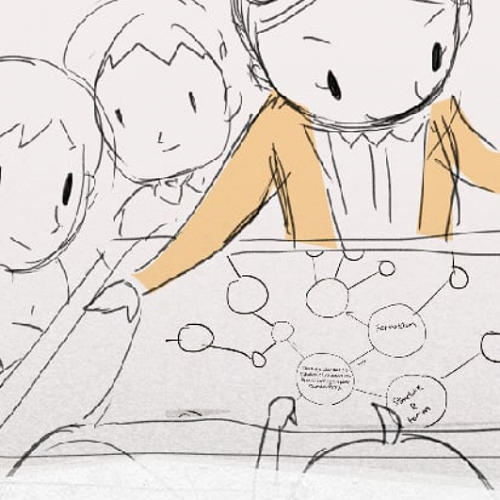Literature Review: Knowledge Building Research
Professor Kwok-Wing Lai, examines some of the key findings on Knowledge Building from the literature.
Visit this article
This publication captures the ongoing work undertaken by a team of educators dedicated to examining thirty years of research on Knowledge Building and presenting it in an accessible way for New Zealand teachers. It supports the "Creating Knowledge Building Communities Workshop" which will be recorded and subsequently added to the publication.
Join the KBNZ community on Facebook
Purchase a copy of "Designing Knowledge Building Communities in Schools" on Amazon
More information on Knowledge Building can be found at the following:
Designing Knowledge Building Communities in Secondary Schools

Professor Kwok-Wing Lai, examines some of the key findings on Knowledge Building from the literature.
Visit this article
A recording of the workshop to introduce knowledge building
Visit this article
The Knowledge Building (KB) pedagogical approach developed by Marlene Scardamalia and Carl Bereiter (2006) at the University of Toronto aims to support the development of young people’s knowledge-building capability.
Visit this article
The social, economic and political well-being of modern societies will rely on the capacity of their citizens to be able to innovate and work creatively with knowledge across all fields (OECD, 2008).
Visit this article
Philippa Mallinson draws on some of the key aspects of Knowledge Building highlighted by the literature.
Visit this article
KB Singapore's excellent representation of the KB Principles
Visit this article